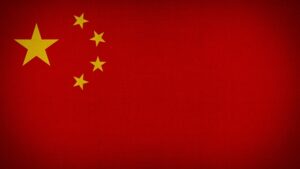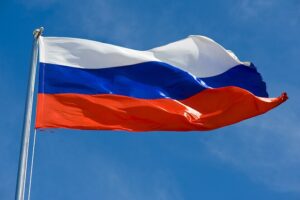China and Russia, two sides of a vise


source: axios.com (contributed by FAN, Bill Amshey) | images: pixabay.com & pexels.com
The complementary scheming of Russia and China dominated discussions among some of the world’s highest-ranking military and political officials at the Aspen Security Forum.
Why it matters: To hear the national security brain trust tell it in Colorado, Western primacy is in a vise, with Moscow and Beijing together applying the pressure.
Here are a few examples, laid bare at last week’s conference, where the U.S. and its allies are being challenged:
- In space, China aims to “displace the United States as the global leader” and exploit it “in a way that is to our detriment,” said Lt. Gen. Jeffrey Kruse, the Defense Intelligence Agency director.
- When China blew up a satellite in 2007, “they put us on notice,” and “we have only seen their development of counter-space weapons just rapidly, breathtakingly, increase,” said U.S. Space Command boss Gen. Stephen Whiting.
- Online, Russia peddles disinformation that influences elections. China absconds with sensitive information that springboards its weapons development and broader economy.
- “If Xi Jinping were sitting on this stage, he would say, ‘Thank you very much for allowing us to cherry-pick, to pick your pocket, of leading technologies and IP,'” said Jon Huntsman Jr., a former U.S. ambassador to China and Russia.
- On the ground and at sea, Russia and China use their troops to muddle borders. Those nearby document the belligerence, but denunciations have done little to stop them.
- “If we allow it to become the norm, that a larger state can change its smaller neighbors’ borders with force, then which border remains secure?” said Jonatan Vseviov, the secretary general of Estonia’s Ministry of Foreign Affairs.
Yes, but: A wide range of governments have noted the hazards and are moving with greater urgency, officials said.
- “I think it’s underappreciated in our country, in the United States, just how much our European allies have awakened to the fact that the house is on fire,” said Gen. Christopher Cavoli, the head of U.S. European Command.
- “This is not a show, and this is not just rhetoric. This is true concern about the stability of their continent and the survival of their states.”
- Twenty-three NATO countries meet the 2% defense spending mark, up from years past. Poland “stands out as the biggest spender,” according to the Atlantic Council.
- The U.S. and others have sanctioned China for its aid to Russia. The former provides a vast majority of the latter’s imported machine tools and microelectronics.
Bottom line: “If there’s one vibe, it’s great powers are acting badly,” Anja Manuel, the Aspen Strategy Group executive director, told Axios before the summit.
- “This is a very dangerous world.”
